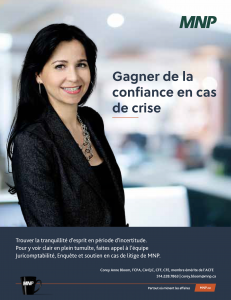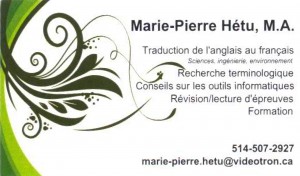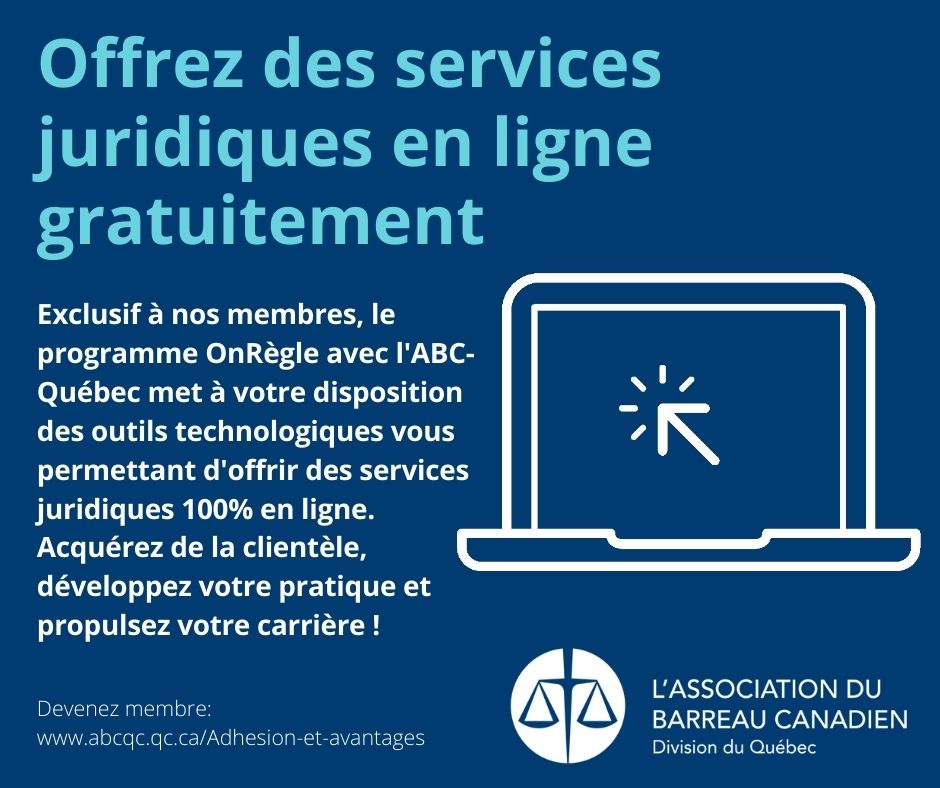U.S. Chamber’s Global IP Center Unveils 2014 International Intellectual Property Index
Report Sheds Light on Progress, Deficiencies in 25 Countries’ IP Environments, Including Select TPP Participants
The U.S. Chamber of Commerce’s Global Intellectual Property Center (GIPC) today unveiled its 2014 International Intellectual Property (IP) Index, a survey of 25 countries with diverse economies reflected in varying market size, level of development, and geography. Charting the Course provides an empirically-based measurement and comparison of the IP environments of each country.
“A robust IP system provides the critical foundation needed for nations wishing to advance their economic and social progress, and provide assurances to consumers that the products they use are authentic, safe, and effective,” said David Hirschmann, president and CEO of the GIPC. “By highlighting countries that are leading or lagging in fostering a strong IP framework, the GIPC Index provides a clear and objective tool for policy makers to strengthen innovative potential and for business leaders to assess risk and investment.”
In the second edition of the GIPC Index, this year’s report evaluates 30 factors indicative of an IP environment that fosters growth including protection and enforcement of patents, trademark, copyrights, trade secrets, and participation in relevant international treaties. Although none of the 25 countries surveyed received a perfect score of 30, the United States received the highest score of 28.52, making it the global leader in protecting IP.
“The United States may lead the overall ranking, but has fallen behind in its enforcement efforts,” said Hirschmann. “Therefore, we urge the Obama administration and Congress to expand on current enforcement programs and allocate dedicated resources throughout the government to effectively enforce IP rights and protect consumers.”
“Additionally, with 10 of the 12 participating TPP countries included in this Index, it is important to note that the IP chapter of this critical agreement must be comprehensive, commercially meaningful, and provide incentives to innovate and create,” added Hirschmann.
The full report is available at www.theglobalipcenter.com/GIPCindex. Key findings of Charting the Course include:
- The United States received the highest overall score, but came in third after the United Kingdom and France in the enforcement category.
- Canada’s treatment of pharmaceutical patents, copyright laws, and unwillingness to ratify international IP treaties resulted in significantly lower scores than other upper-income economies.
- Similar to the inaugural GIPC Index, India continued to score lowest, most notably in categories relating to patents, copyrights, and international treaties.
- China shows improvements in certain aspects of its patent regime, however, its overall IP environment continued to see challenges, particularly in regard to trade secret protection and enforcement.
The Chamber’s Global Intellectual Property Center is working around the world to champion intellectual property (IP) rights as vital to creating jobs, saving lives, advancing global economic growth, and generating breakthrough solutions to global challenges.
The U.S. Chamber is the world’s largest business federation representing the interests of more than 3 million businesses and organizations of every size, sector, and region.












